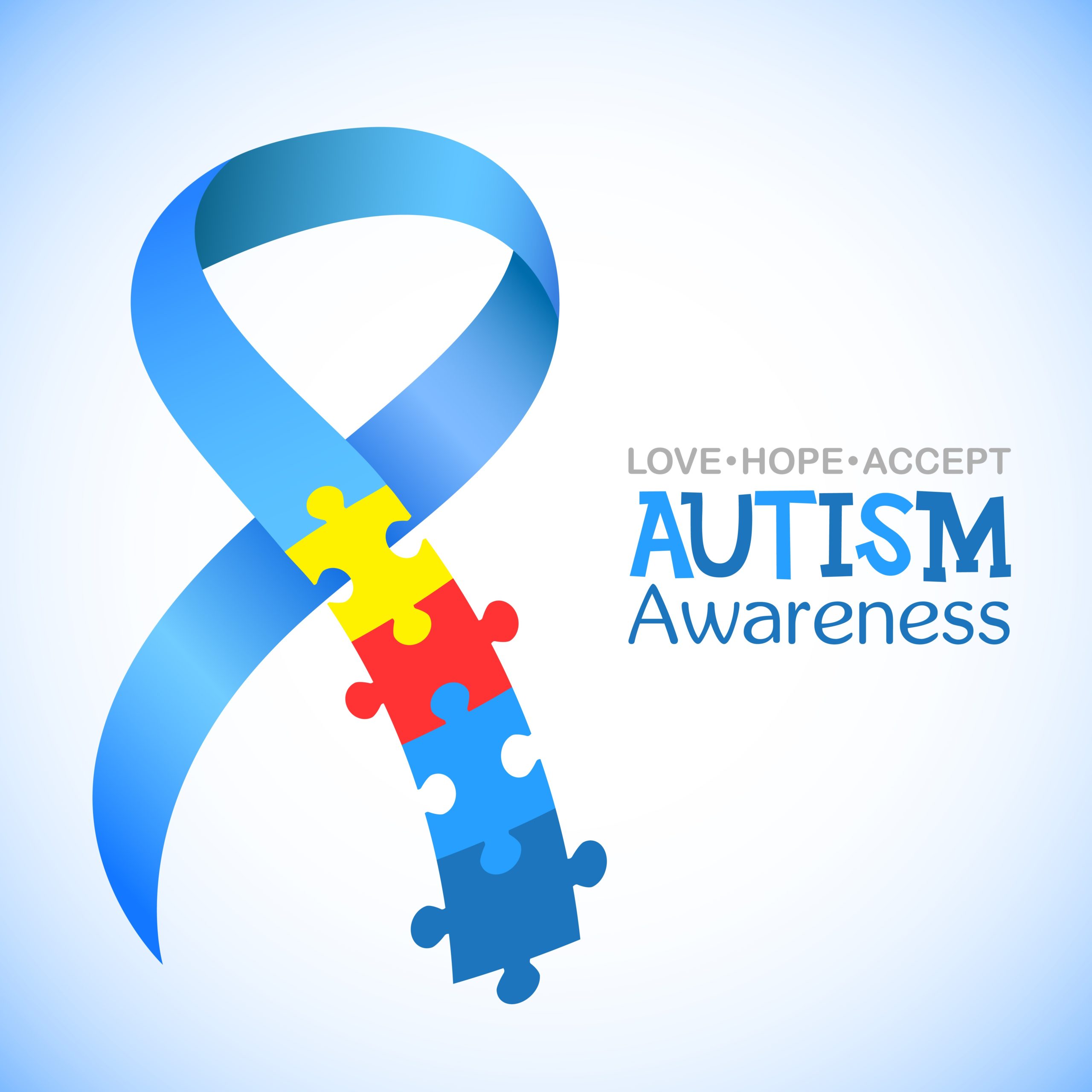This year, many are advocating for Autism Awareness Month to be renamed Autism Acceptance Month. The call reflects a growing understanding that being aware of autism isn’t enough. With over five million adults and one in 54 children diagnosed with autism spectrum disorders each year, we must create a more inclusive United States of America.
Here are some positive trends — short and long-term — that are helping to create a more autism-friendly society.
1. Shopping
Trader Joe’s is collaborating with life skills app developer MagnusCards to create special decks of cards that help customers with autism and developmental disorders negotiate the store more comfortably. According to Disability Scoop “the card decks include one focused on ‘checking out your items’ and another about ‘sensory experiences in the store,’ among others. Each provides visual cues, step-by-step instructions and audio to walk users through tasks.”
2. Vaccination
No one likes getting a shot. But for people with autism, the experience can be even more anxiety provoking. Some facilities are providing special hours and/or designated sensory-friendly rooms where individuals with autism can get their vaccines. For example, at Moorestown Mall in Burlington County, New Jersey, a so-called “vaccine megasite,” those with autism or other special needs can receive their vaccines in a private, dimly lit, quiet setting. Appointments are necessary.
And in Pennsylvania, the Philadelphia Eagles Autism Foundation recently set up a special vaccination site at Lincoln Financial Field for people with autism. According to The Autism Site News, the clinic, held in luxury boxes at Eagle Stadium, was equipped with sensory blankets, fidget toys, visual schedules of events and more.
3. Work Culture
Like many other large corporations, JPMorgan Chase has come to understand the value that individuals with autism disorders bring to the workplace. Founded in 2015, the company’s Autism at Work program has hired more than 150 people with ASD in eight countries. “We work closely with senior leaders across the firm to identify roles that would benefit from the talents of ASD adults and ensure we provide an inclusive work environment for these employees to thrive,” says James Mahoney Executive Director and Head of Autism at Work at JPMorgan Chase & Co.
4. Apparel
In recent years, the fashion industry has finally awakened to the market for adaptive clothing. In addition, some individuals without the backing of large corporations are single-handedly creating clothing businesses for people living with autism. Take Jose Rodriguez, a 17-year-old boy in Rhode Island who recently started Tasium (an anagram of autism), a T-shirt company for people with ASD. The company was inspired by Jose’s brother, who has Asperger’s syndrome and benefits from the use of fidget toys. Jose came up with the idea of making T-shirts with metal grommets at the bottom where people like his brother can attach their fidget toys for easy access. Jose’s invention won first prize in the National Youth Entrepreneur Challenge back in October 2020.
5. Entertainment
Individuals with autism are more likely to be portrayed in movies and television than ever before. Shows such as “Parenthood,” “Atypical,” “The Good Doctor,” and “The A Word,” all portray characters with autism. Sesame Street has been a leader in inclusive entertainment, by teaching typically functioning children about their peers with autism from an early age. On Autism Acceptance Day, April 8, Sesame Workshop released a new episode starring Julia, a Muppet with autism and a series of online materials meant to help children with autism and their families adapt to life during the pandemic. In a press release, Jeanette Betancourt, Senior Vice President of US Social Impact, Sesame Workshop said, “All children depend on consistent routines, which help them feel safe and secure. Disruptions to routines can be challenging, especially for children with autism. The new resources launching today feature Julia and her family using strategies to navigate everyday moments and life’s surprises. Together, we can help families manage the stress that comes along with the unexpected.”


